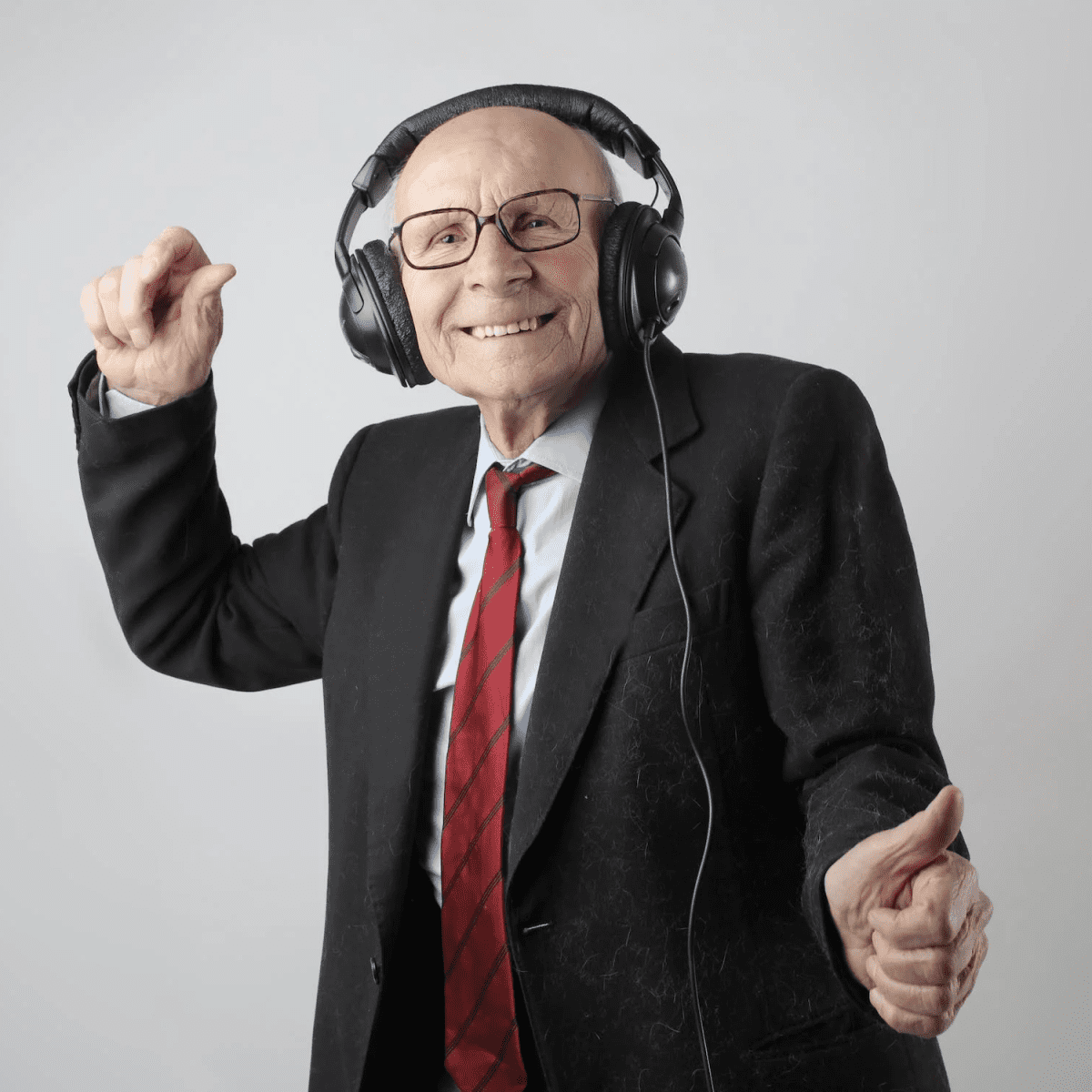Music is really a potent medium plus an integral a part of our everyday lives. Music enters, from advertisements to anthems, from nursery rhymes on the self-repeating jingles we use being a memory device.
With your age of puberty, most of friends and family likely paid attention to the identical, or similar, music and artists. Shared music can produce a sense of community and togetherness, potentially introducing one to people you’ll have never met.

One among music’s main benefits is merging individuals who might not exactly otherwise know the other. For folks or grandparents who cannot communicate as effectively because of medical or language barriers, songs, melodies, and sounds may bring unity without making use of words.
Sometimes, culture will get lost between generations, especially if languages aren’t transferred. Music can connect the older and younger generations and help preserve culture, guardian or grandparents often share cultural traditions and stories through songs or teaching instruments.
Encourages exercise and physical health
Whenever they hear a great beat, many people can’t help but move somewhat – even though they “can’t dance.” Whether your loved one is regularly at the gym, wants to go on walks, or perhaps loves to dance, music is a great method of getting them on their feet.
Exercise is fundamental to the home chef because it strengthens your muscles and bones, decreases the likelihood of disease and illness, and improves overall mobility and excellence of life. Many people aren’t partial to the gym, but that’s only some of the strategy to exercise! An excellent song could possibly get your heart pumping and your body moving.
Can improve mental health
Music can drastically affect our feelings whilst of mind. It’s got which can reach deep emotional aspects of the mind and evoke strong emotions. Happy, joyful music triggers our brain’s dopamine receptors, which leads to mood boosts along with a more positive outlook on life. On the other hand, sad music tends to contain the opposite effect.
Your feelings may follow suit depending on the type of music you tune in to. For instance, when going to the gym, athletes often play hype music to assist them push because of their best, and composers use intense music to trigger fear, surprise, and suspense in film scores.
Music can help those who have problems with anxiety or depression by calming and reducing those feelings. Some therapists operate music to educate yourself regarding emotions individuals don’t necessarily have the words to convey.
The most effective songs for seniors are the type which means that something to them. Ask your loved one with regards to their favourite songs, or introduce the crooks to something new!
It improves concentration and focus.
Playing a musical instrument is a good method to build concentration while keeping focused. Brand new skills require steady attention and perseverance to master. Studies show that learning a musical instrument strengthens the cortex within the brain, fosters more communication involving the all over the place sides with the brain, and improves overall cognitive ability.
Therefore, those who play instruments have better concentration, memory, fine motor skills, and overall brain strength. This truth remains true in case you started learning being an adult.
In case your beloved has always wanted to learn to play music, encourage them to do this. In addition learning a musical instrument improve cognitive function, but it’s also fun! It might introduce new friends and new experiences.
Music is attached to memory.
Sound is often a close second to smell in terms of one of the most memory-linked senses. Music has a distinct way of triggering our memory, as certain sounds and songs often point out memorable moments we keep all-around our hearts. They are able to help bring us to the places we’ve been and help us remember fondly the people we knew.
Therapists recommend or integrate music therapy for those with Alzheimer’s or dementia. Despite the condition, music often revives memories that could rather be forgotten. For musicians especially, there has been many cases where muscle memory gets control of, and despite the presence of dementia, they are able to play and improvise songs perfectly.
However, the commonest usage of tunes and melodies is usually to ease the anxiety and depression that can come using the diagnosis and continuing development of dementia. Experts say the best music for seniors with dementia is familiar, calming or happy.
Regardless of whether your parent or grandparent doesn’t have dementia, music can revive fond memories and transport it well to “the good ol’ days.”
To encourage healthy living, quite a few locations have music programs to supplement our memory care program and improve our residents’ total well being. By way of example, our Seasons Amherstburg location hosts weekly music days where our staff talk with residents to help them feel looked after and included.
Ways to strengthen your loved one incorporate music later on in life
Seeing that you’re familiar with many of the benefits associated with music, here are several techniques to integrate the beauty of music in your parent or grandparent’s way of life:
Curate a playlist over a CD or perhaps a music-playing website (i.e., YouTube, Spotify, etc.).
Find live music in the community. (i.e., A jazz bar, a college band or a musical theatre show).
Introduce these to a music streaming platform and guide them utilizing it to locate their favourite songs.
Recommend music therapy.
Cause them to learn a guitar, sing or dance.
Encourage them to join a dance class or choir group at the community centre or church.
Conclusion
Music is a beautiful approach to express the things which is not expressed through words. Hence, it is an excellent way for seniors to relieve stress, boost their mood, and increase their overall outlook on life.
For more information about retirement songs browse our new net page
